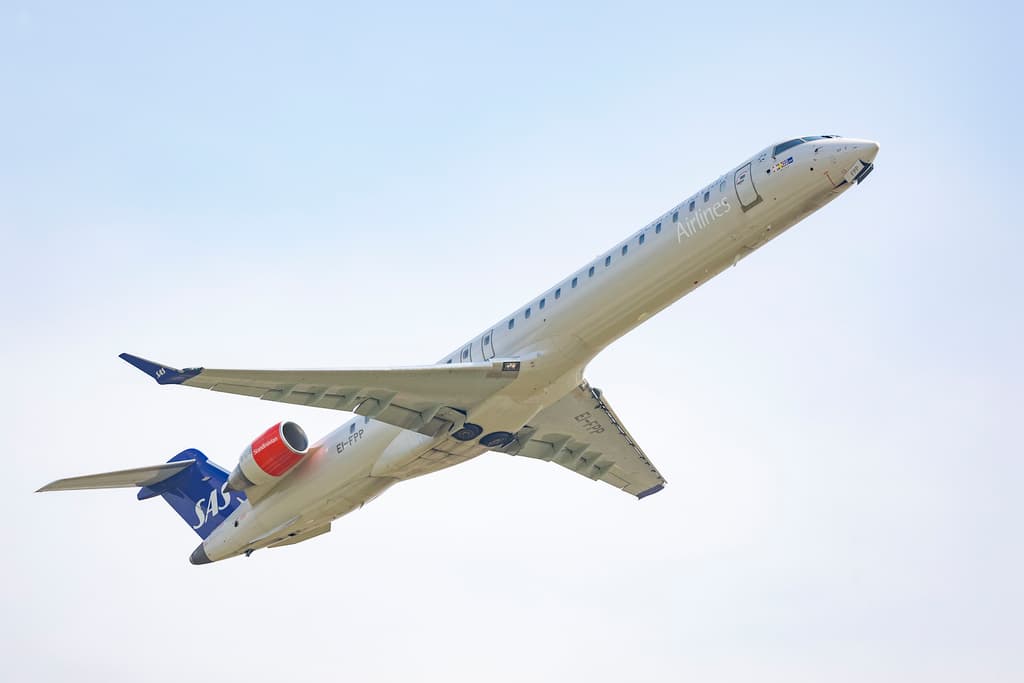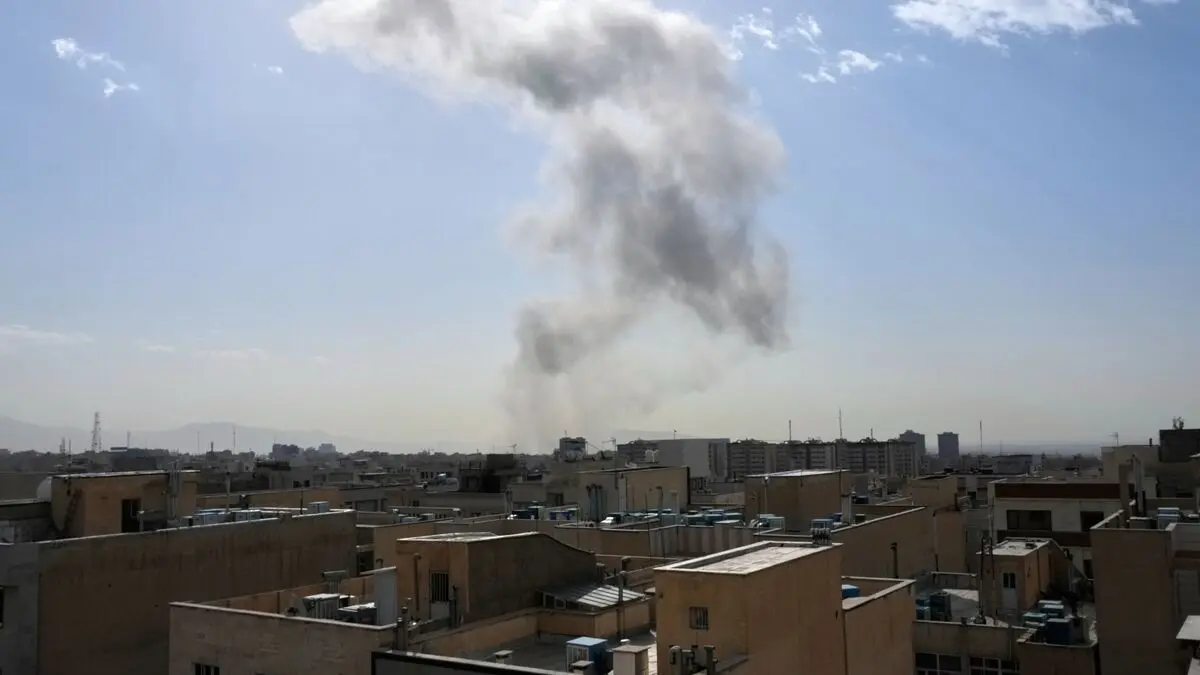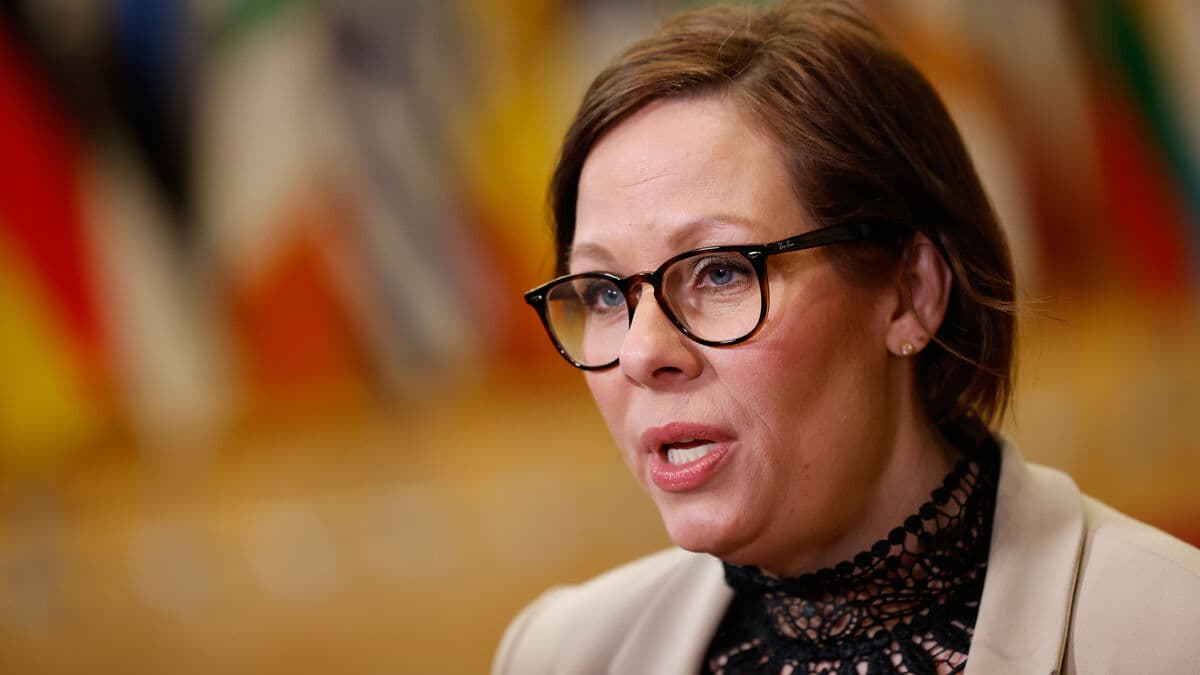At the latest by midnight on Friday, the parties were forced to come to an agreement, but that did not happen. Early in the morning, the involved unions Fellesforbundet and Parat confirmed that the negotiations had broken down.
SAS has not been willing to meet our demands regarding any of our requirements, says Martinus Røkkum, who represents the cabin crew within Parat, to the news agency NTB.
According to him, all SAS flights will be affected by the strike in the long run.
Extended Warning
On Friday afternoon, Fellesforbundet announced that it would extend the industrial action.
We see no other solution than to take a tough stance against SAS. We are therefore warning of a significant escalation of the strike from next Wednesday, when we will take out all our cabin staff at SAS, around 500, including the 115 already on strike, says union leader Jørn Eggum to the newspaper VG.
SAS's Swedish press chief Pia Herrera writes in an email response to TT that currently only a few Norwegian domestic flights are affected.
"The number of affected flights will vary from day to day. Most flights will go as usual."
Passengers affected by cancelled flights are notified via SMS or email. If you have not received a message, you should go to the airport as usual.
Salary Dispute
From Parat's side, five members will go on strike on Friday, which is then planned to increase to a total of 40 during the weekend.
The dispute is not unexpectedly about salary levels, where the union side claims that SAS is 15-30 percent lower than competitors, such as Norwegian. From the union side, they mean that they have stood still in terms of salary for the past twelve years.
The employer side NHO (Næringslivets Hovedorganisasjon) believes, on the other hand, that SAS has gone a long way to meet the cabin crew both in terms of salary and working hours.
It is particularly unfortunate with a conflict in a situation where the company is under bankruptcy protection and in reconstruction and continues to lose money. This conflict contributes to making an already difficult situation even more difficult, says Erik Lahnstein at NHO Luftfart.






